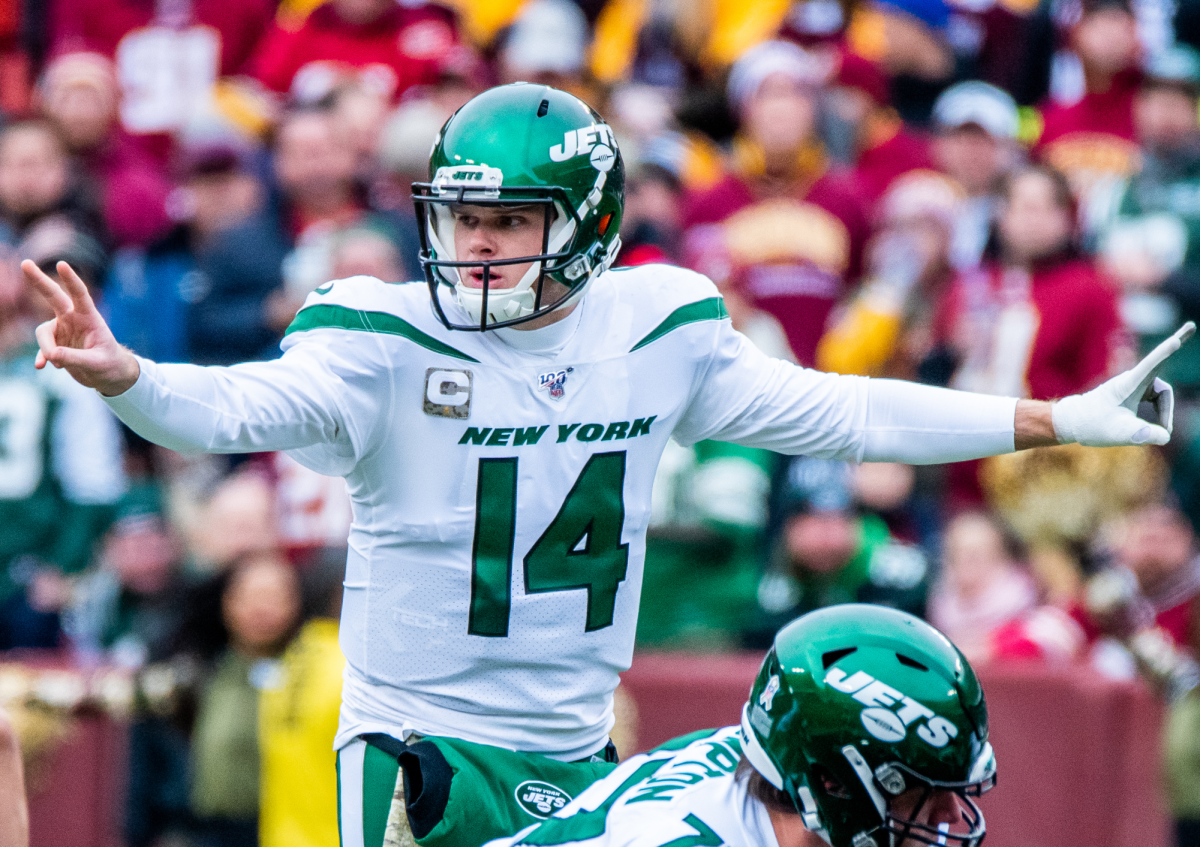BY PARKER KLYN
When I initially heard American Football’s first record, I thought I was listening to the best album ever recorded.
The self-titled debut, released in 1999, was edgy and mature, like most emo acts at the time, but was also unfathomably pretty.
Clean guitar arpeggios fell over each other. Intricate drum patterns kept me engaged. A solo trumpet lead, like on “The Summer Ends,” colored what could have been an oppressively gray piece of music.
Plus, lead singer Mike Kinsella—who was just a senior in college at the time—displayed wisdom beyond his years with simple, poignant statements on love and life (“You can’t miss what you forget”; “How should I say goodbye? With a handshake, or an embrace, or a kiss on the cheek?”).
It’s a classic, landmark emo album, and deserves every ounce of its cult classic status.
It’s been 17 years since that release, and now American Football have given us a comeback record—self-titled just like the first.
The difference, now, is that we have perspective on Kinsella’s career: stints in post-hardcore bands Cap’n Jazz and Joan of Arc plus a prolific solo career as Owen.
We just got an Owen record this summer, and that act could be seen as a much more stripped-down version of what American Football is trying to do.
And that’s a good thing, because aside from cultish acts like The World Is A Beautiful Place and Pinegrove, emo seems to have lost its earnestness. There has never been anything remotely pretentious about American Football’s music, and that continues on this record.
The music is still lush, almost more so than on the band’s debut. The guitars are as twinkly and relaxed as ever, even more so this time around. The drums, while still math-oriented and oddly timed, aren’t nearly as challenging. And Kinsella’s vocals have nowhere near the amount of passion that they had back in 1999.
Where the band’s debut had teenage angst, this new record substitutes mid-life pining and existential dread.
On lead single “I’ve Been So Lost For So Long,” Kinsella imagines a routine checkup going off the deep end: “I feel so sick / Doctor, it hurts when I exist … I can’t believe my life is happening to me.”
Later, on “Give Me The Gun,” it seems as if Kinsella is admonishing himself: “I don’t care if it’s not loaded / But I’m scared for us both.”
Love is the most common theme in popular music, but it’s rarely framed in a way that involves two people who have been married for years. “Oh, how I wish that I were me / The man that you first met and married.” He realizes that he’s changed, and he hates it.
Unfortunately, the lyrics on this album are nowhere near as potent or poetic as the first.
And because the music doesn’t experiment and rarely challenges the listener, it’s easy to let it wash over you without paying attention to Kinsella’s pleas.
It’s said that in pretty much any field, the youngsters act with force, brute strength and passion while the veterans use finesse and skill. That doesn’t work in emo, where the rule of thumb is that the more passionate the music, the better.
Comeback records rarely meet expectations, but this one stings a little bit harder, because now we know that American Football’s first great record will probably also be their last.




